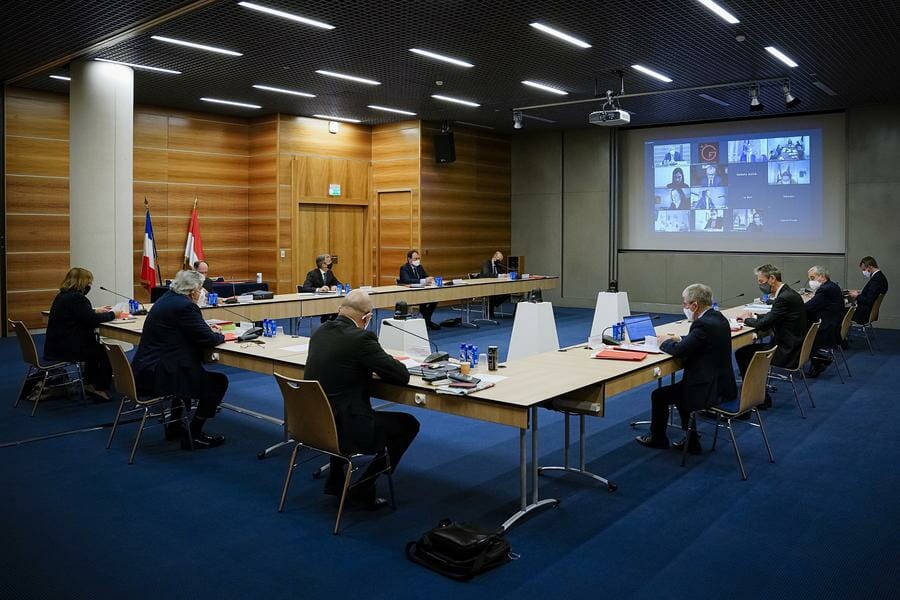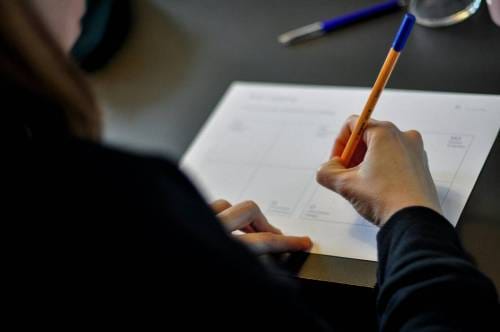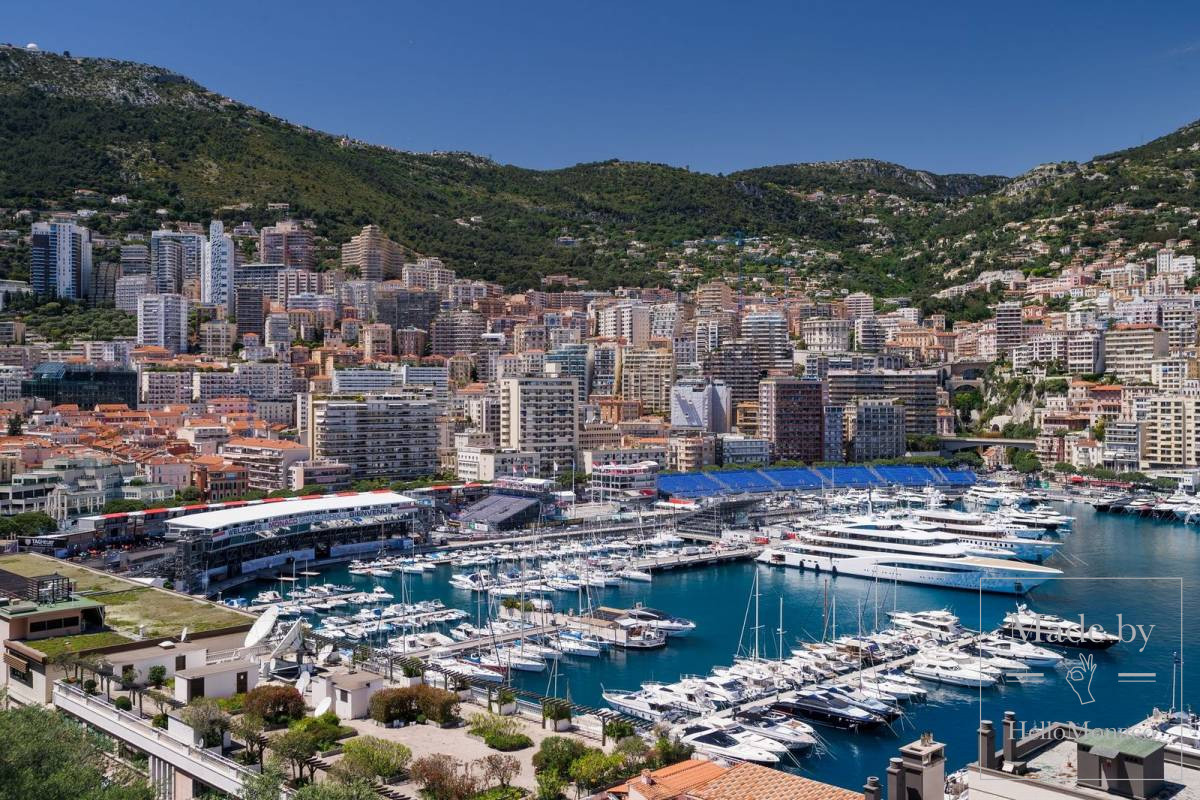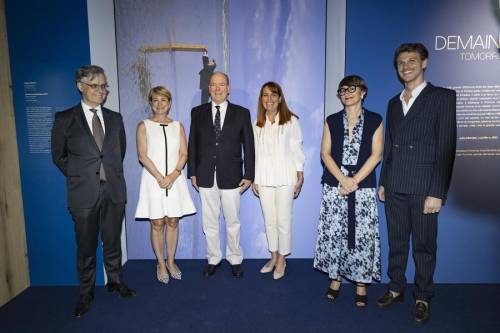The Commission for Franco-Monegasque Cooperation met in Monaco in March. The meeting was held by videoconference due to the pandemic. Established in its current form by the Treaty of 2002, the Commission meets annually, alternating between Paris and Monaco, and is intended to adapt and reaffirm the friendly, cooperative relationship that exists between the two countries.
Among the items on the agenda was the issue of the current negotiations on a potential association agreement between Monaco and the European Union. The two countries emphasised the need for the future draft association agreement to take account of the features which make Monaco unique in order to maintain internal balances within the Principality, as well as their commitment to respecting a number of Franco–Monegasque agreements that are useful for close cooperation between the nations.
On healthcare, social security and employment law, Franco-Monegasque cooperation is essential. In the field of e-health, the commission discussed the merits of practitioners from the Principality being granted French healthcare provider cards and of ensuring that healthcare professionals operating in each of the two countries can access patient medical records in the interests of patients and with their agreement. Discussions with a view to introducing the appropriate technical solutions will continue.
Monaco informed France of its desire to be included in any potential future European vaccine passport. The Principality of Monaco’s proposal that its hospital departments could host medical house officers following the French training curriculum as part of qualifying placements was also considered.
On employment law, two issues were the subject of particular discussion. The first related to French training schemes for jobseekers resident in Monaco. The second focused on funding for total temporary layoff measures, allowing Monegasque companies to retain their staff and thereby avoid redundancies in the event of temporary difficulties.
The commission also addressed security issues. There was an update on progress in discussions on the maritime security and action at sea agreement, in light of the development by Monaco’s Police Department of new maritime capacity.
The two delegations also discussed issues relating to arms control measures in Monaco. The development of transport is a shared concern, and so there was a general update on mobility in the Principality. In addition, the commission addressed efforts to combat traffic offences, as well as safety in the Rainier III tunnel, which links the Principality to France. Consideration was also given to improving the turnaround time for registering in France vehicles that have been sold from Monaco.
The two delegations discussed the difficulties encountered by the operators of personal transport options (taxis, private car hire, chauffeur-driven vehicles) in France and Monaco, and the need to reach a sensible agreement for all parties that would protect the activities of these operators in France and Monaco.
Sharing an attachment to issues relating to the French-speaking world, France and the Principality of Monaco discussed the 18th Summit of La Francophonie to be held in Djerba, Tunisia, in November 2021.
Following the meeting, two agreements were signed: an amendment to the agreement on mutual recognition of artistic education courses relating to Monaco Art School (Pavillon Bosio), and an administrative arrangement on cooperation in the field of diver training.
The two delegations agreed to convene for the next session of the Franco-Monegasque Commission in Paris in 2022 and, between now and then, to schedule a meeting of the Commission for Local Cross-Border Cooperation in Monaco.









